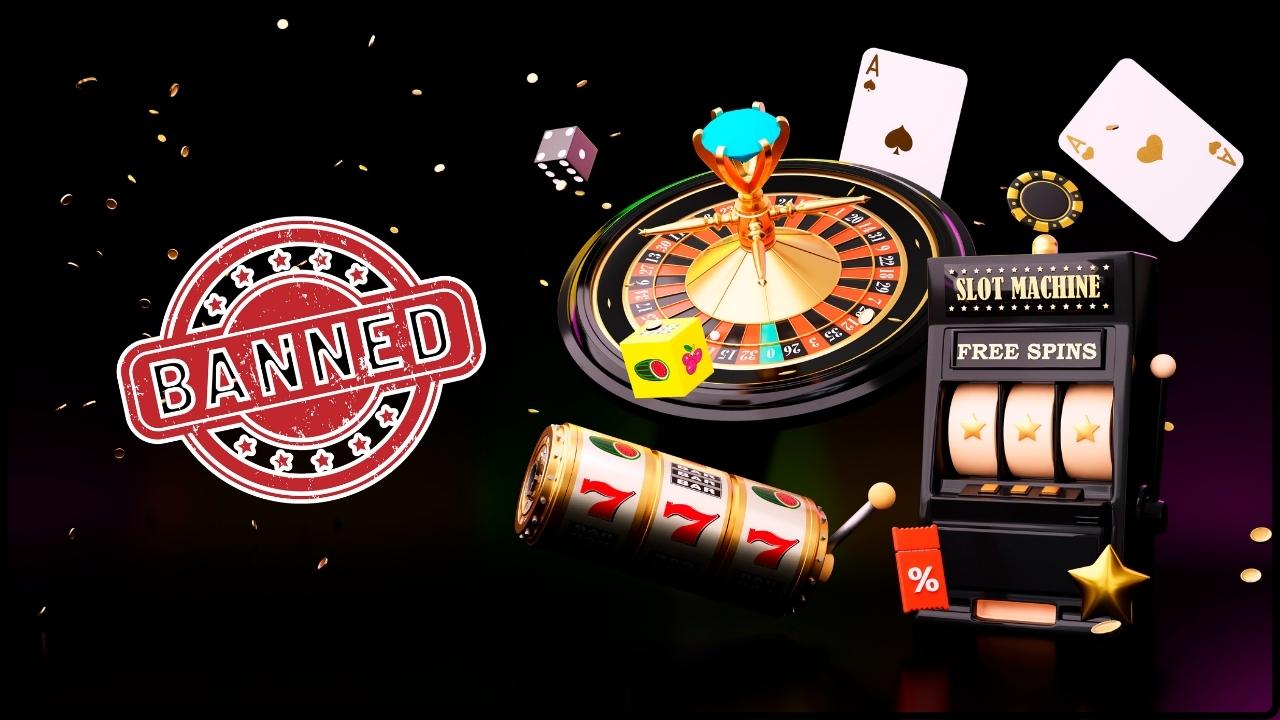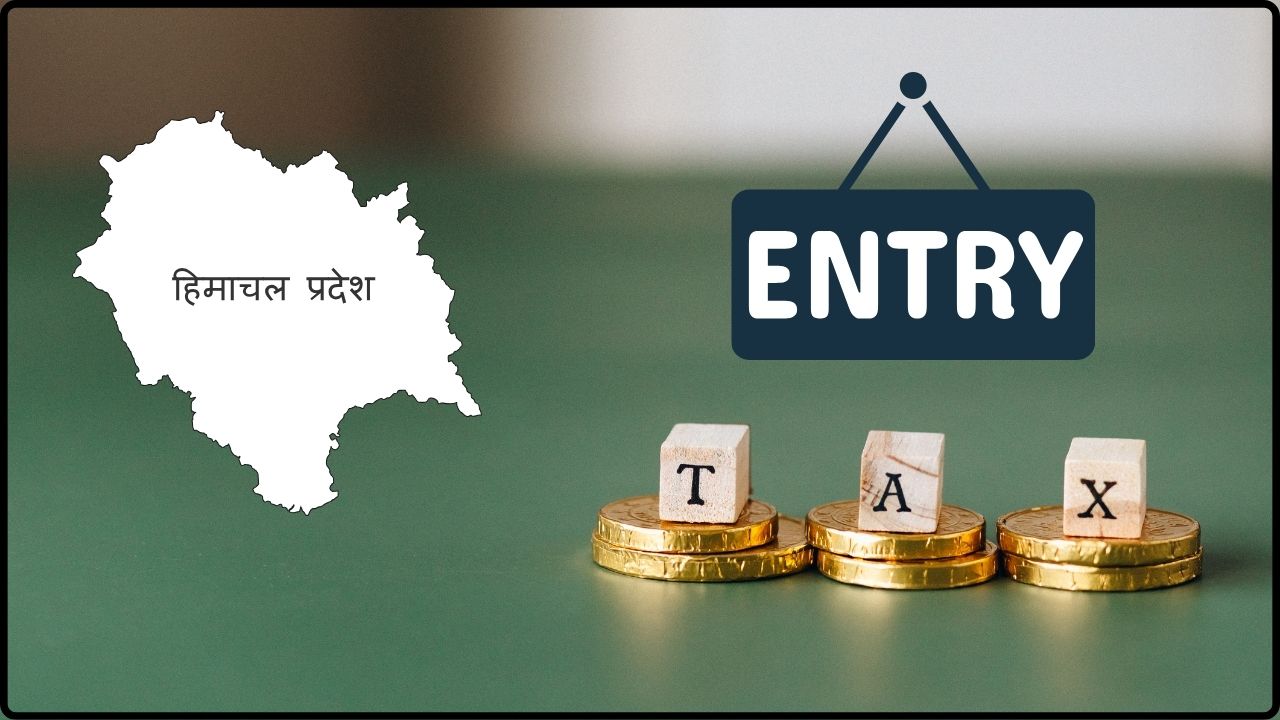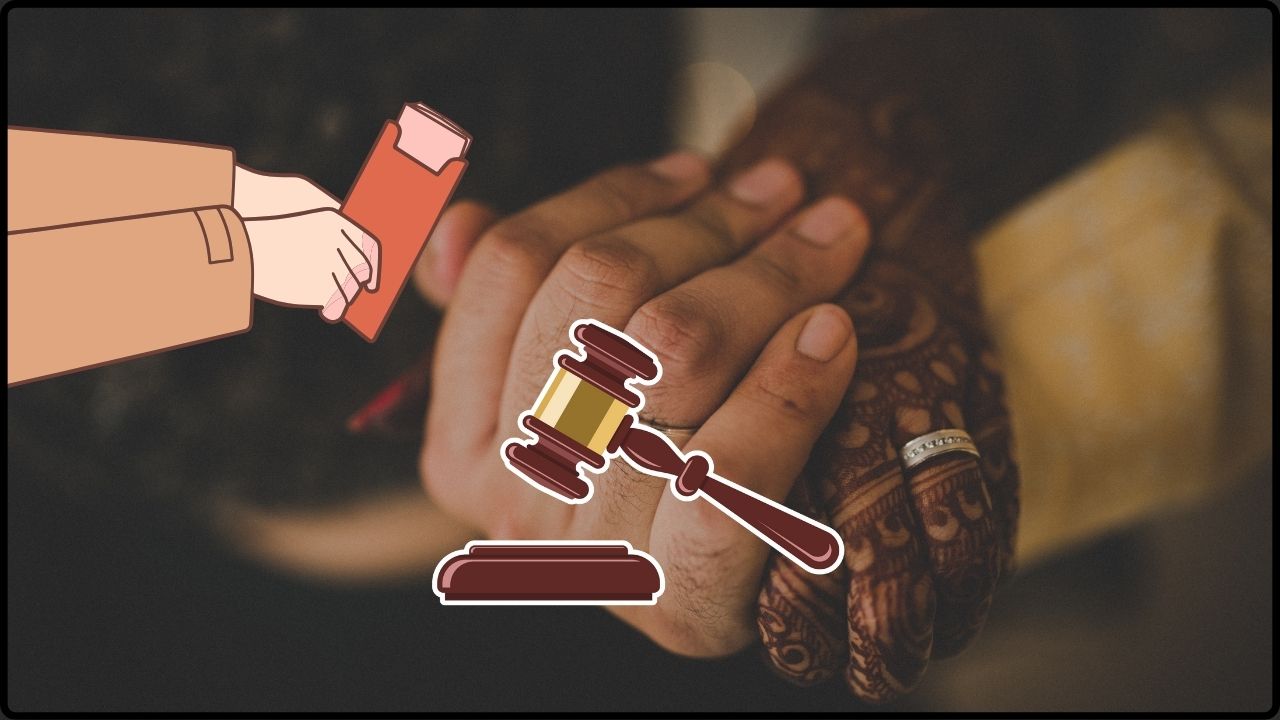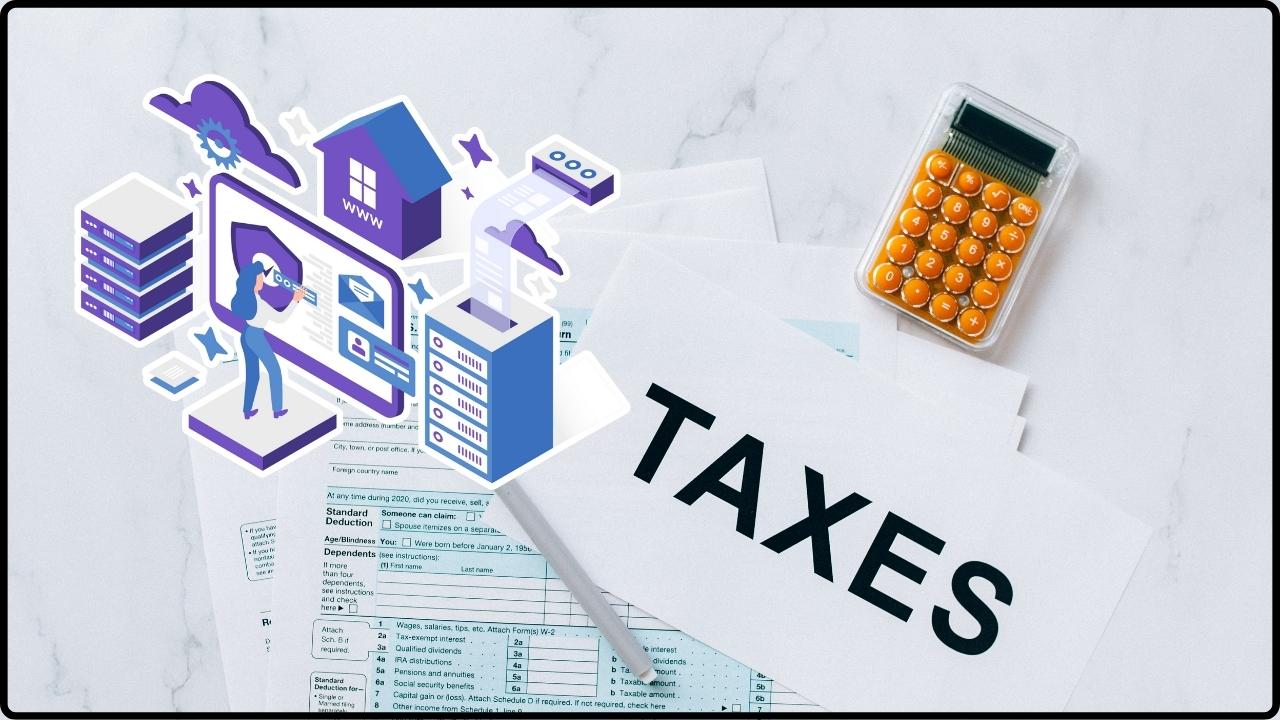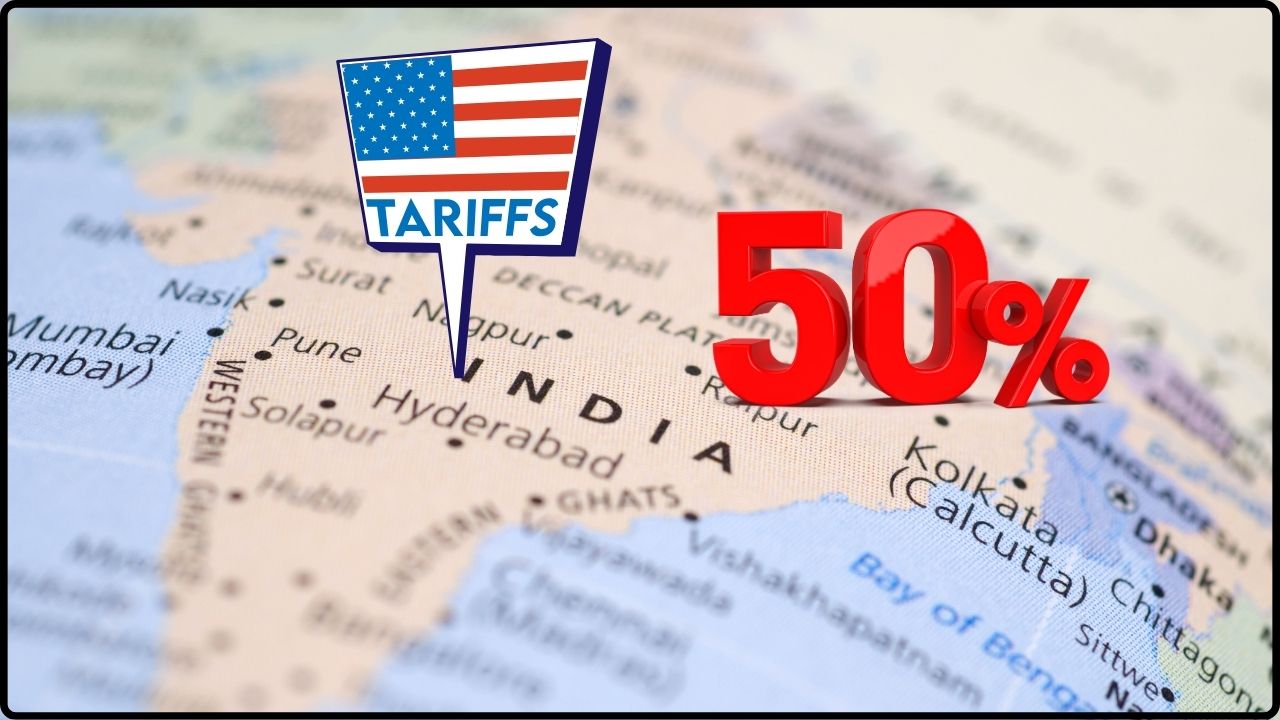
Police Seize 13 Trucks Loaded With Gutka Raw Material: When you hear that police seized 13 trucks loaded with gutka raw material worth crores, it’s not just a headline—it’s a window into the hidden world of illegal trade, public health risks, and organized crime. This isn’t just a local bust. It’s a reminder of how deep-rooted the problem is and why law enforcement keeps cracking down on gutka smuggling networks. On August 28, 2025, the Local Crime Branch (LCB) of Ahilyanagar police pulled off one of their biggest operations in recent times. They stopped 13 trucks in the Rahuri area carrying raw materials for gutka manufacturing. The total value of the seizure? More than ₹9 crore ($1.1 million USD)—a staggering number, showing just how lucrative the gutka black market really is.
Police Seize 13 Trucks Loaded With Gutka Raw Material
The police seizure of 13 trucks loaded with gutka raw material worth crores is more than a crime story. It’s a lesson in how addictive products can fuel black markets, how public health suffers when bans are ignored, and how law enforcement plays a crucial role in protecting society. Gutka is cheap, addictive, and deadly. Until awareness spreads and demand falls, smugglers will keep trying to make profits. For now, this bust is a reminder that every truckload stopped is a step toward saving lives.
| Aspect | Details |
|---|---|
| Date of Seizure | August 28, 2025 |
| Location | Rahuri, Ahilyanagar, India |
| Trucks Seized | 13 (valued at ₹2.10 crore) |
| Raw Material Value | ~₹7.73 crore (Areca nut + Tobacco) |
| Total Worth | ~₹9.27 crore (≈ $1.1M USD) |
| Consignment Source | Karnataka, destined for Gujarat |
| Key Suspect | Mohammad Akram (Karnataka) |
| Health Concern | Gutka linked to oral cancer, banned in many states |
| Official Report | Times of India Coverage |
What Exactly Is Gutka and Why Is It a Big Deal?
Gutka is a mixture of areca nut, tobacco, slaked lime, and flavorings. Sold in small pouches, it became widely popular in India during the 1990s because it was cheap, addictive, and easy to buy.
The problem? Gutka is highly addictive and directly linked to oral cancer, throat cancer, and gum diseases. According to the National Cancer Institute, chewing tobacco and areca nut can cause permanent health damage. The WHO has classified areca nut as a Group 1 carcinogen, meaning it’s proven to cause cancer in humans.
In India, oral cancer accounts for one-third of all cancers, and a huge portion of these cases can be traced back to gutka and similar products. Despite bans in over 30 states, the demand remains strong—fueling a billion-dollar underground industry.
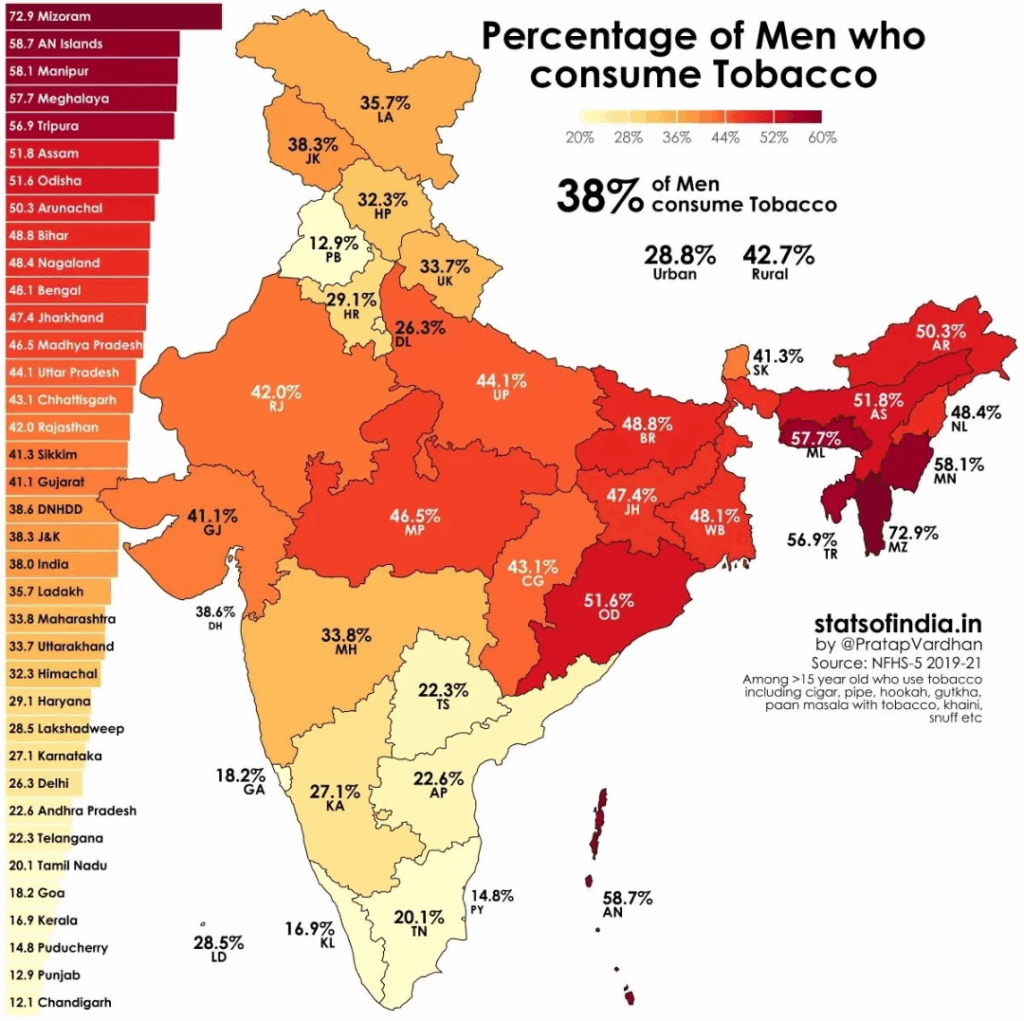
How the Seizure Went Down?
The Ahilyanagar bust shows how sophisticated gutka smugglers have become:
- Police intercepted 13 trucks carrying 205,950 kg of areca nut worth ₹6.17 crore and 7,800 kg of tobacco worth ₹1.56 crore.
- The trucks themselves were valued at ₹2.10 crore, pushing the total to ₹9.27 crore.
- The consignment originated in Karnataka and was bound for gutka factories in Gujarat, but the paperwork falsely listed Delhi as the destination.
- The smugglers used forged e-way bills and tax records to disguise the shipment.
- The truck drivers fled during the raid, but police are pursuing them.
The case has been tied to Mohammad Akram, a supplier from Karnataka. Notices have already been issued to truck owners, and the GST department is now probing the tax evasion angle.
A Brief History: How Gutka Became Banned
Back in the 1980s and 1990s, gutka was everywhere—sold like candy at corner stores for as little as one or two rupees. Marketers even targeted kids with colorful packaging and sweet flavors.
But as cancer cases skyrocketed, states began pushing back. In 2011, the Food Safety and Standards Authority of India (FSSAI) prohibited tobacco in food products. By 2012, states like Maharashtra and Gujarat banned gutka outright.
The Supreme Court of India later upheld these bans, confirming gutka as a threat to public health. Still, the black market stepped in. Smugglers continued making huge profits by shifting production across state borders and using forged transport documents.
Why Police Seize 13 Trucks Loaded With Gutka Raw Material Matters?
This seizure is about more than just trucks and crores of rupees. It cuts into three key issues:
1. Public Health Protection
Gutka is responsible for thousands of deaths annually in India. Stopping its raw materials is like cutting off the fuel for a fire before it spreads.
2. Economic Impact
Illegal gutka sales lead to massive tax evasion. The Indian government loses thousands of crores annually, funds that could otherwise go into healthcare and education.
3. Organized Crime
Gutka networks are often tied to smuggling cartels and corruption. Cracking down helps weaken these networks.
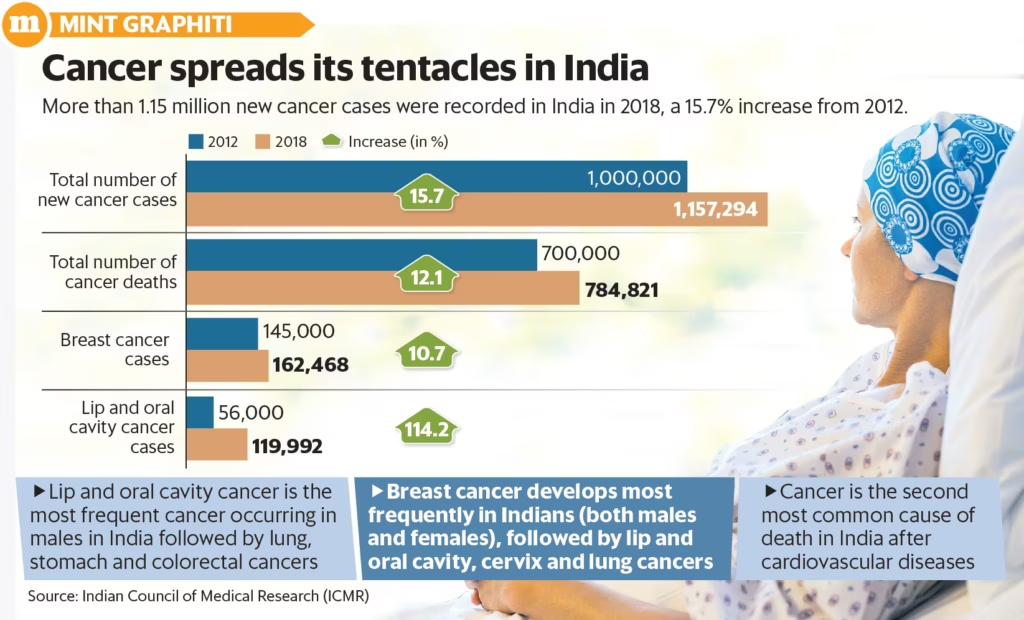
The Economics of Gutka
The gutka trade shows how black markets thrive where demand exists. Even though gutka is banned in many states, the Indian gutka industry is estimated to be worth billions of dollars annually.
By dodging taxes and hiding behind fake paperwork, smugglers make huge profits. Truckloads like the one seized in Ahilyanagar are just the tip of the iceberg. Each shipment has the potential to supply millions of pouches, often reaching schoolchildren and low-income workers.
Why People Still Use Gutka?
Despite health warnings and bans, gutka remains popular. Why?
- Cheap and accessible: A few rupees for a pouch is within reach for daily wage earners.
- Addictive: Nicotine and arecoline (from areca nut) hook users quickly.
- Cultural habits: Chewing betel nut and tobacco has long been part of Indian tradition. Gutka is just a modern, packaged version of it.
- Lack of awareness: Many users underestimate the health risks until it’s too late.
Challenges in Enforcement
While busts like this make headlines, police face huge challenges:
- Corruption: Smugglers often bribe officials to look the other way.
- Porous borders: States with bans border those without, making transport easy.
- Demand remains strong: As long as users want gutka, smugglers will find a way.
- Resource limits: Police and tax agencies are stretched thin, making consistent enforcement tough.
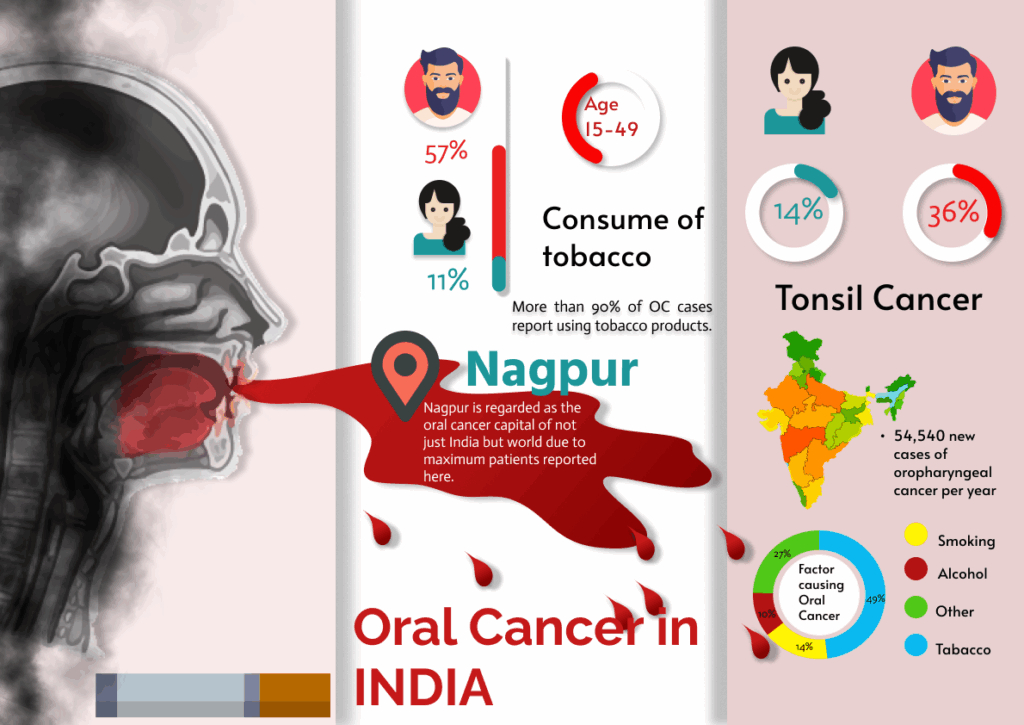
Lessons for the U.S. and Beyond
Though gutka is mostly an Indian problem, parallels exist worldwide.
- In the U.S., chewing tobacco and vaping face similar battles. The CDC continues to warn against smokeless tobacco use.
- The European Union banned “snus” (a smokeless tobacco) except in Sweden.
- Like gutka in India, flavored vapes in the U.S. have sparked debates about addiction and youth marketing.
The global lesson? Addictive products marketed as harmless often become major public health battles.
Case Studies of Other Big Seizures
- In 2023, Mumbai police seized gutka worth ₹50 crore from a warehouse.
- In 2022, Gujarat police dismantled a counterfeit gutka factory.
- In the U.S. (2021), customs seized counterfeit cigarettes worth $30 million at the Los Angeles port.
These examples show that illicit products follow similar patterns worldwide: cheap production, massive profits, health risks, and enforcement struggles.
Bidar Youth Arrested For ₹9.25 Crore GST Evasion Using Fake Bills
Tax Evasion Raids Conducted on Leading Salons in Chandigarh by Excise and GST Officials
₹50 Crore GST Fraud Busted In Mumbai – Two Directors Arrested In Mega Scam

